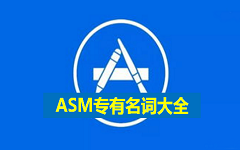Named Entity Recognition (NER) and Part-of-Speech (POS) tagging are critical tasks for Natural Language Processing (NLP), yet their availability for low-resource languages (LRLs) like Bodo remains limited. This article presents a comparative empirical study investigating the effectiveness of Google's Gemini 2.0 Flash Thinking Experiment model for zero-shot cross-lingual transfer of POS and NER tagging to Bodo. We explore two distinct methodologies: (1) direct translation of English sentences to Bodo followed by tag transfer, and (2) prompt-based tag transfer on parallel English-Bodo sentence pairs. Both methods leverage the machine translation and cross-lingual understanding capabilities of Gemini 2.0 Flash Thinking Experiment to project English POS and NER annotations onto Bodo text in CONLL-2003 format. Our findings reveal the capabilities and limitations of each approach, demonstrating that while both methods show promise for bootstrapping Bodo NLP, prompt-based transfer exhibits superior performance, particularly for NER. We provide a detailed analysis of the results, highlighting the impact of translation quality, grammatical divergences, and the inherent challenges of zero-shot cross-lingual transfer. The article concludes by discussing future research directions, emphasizing the need for hybrid approaches, few-shot fine-tuning, and the development of dedicated Bodo NLP resources to achieve high-accuracy POS and NER tagging for this low-resource language.
翻译:暂无翻译





